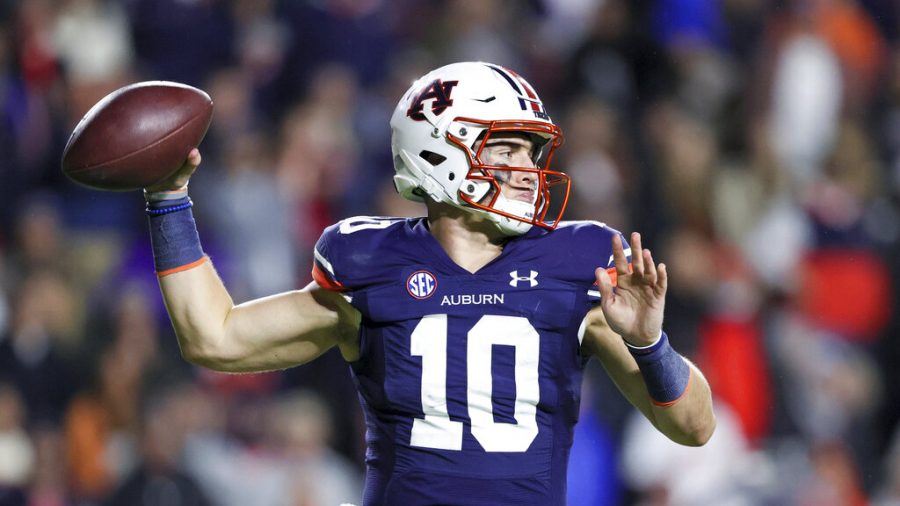College athletes able to receive compensation for their names
The July law allows NCAA athletes to take NIL sponsorships
On July 1, history was made in college sports. Student athletes are now allowed to seek compensation for their name, image, and likeness (NIL). As a result of this change, student-athletes have maximized their ability to get compensated.
Since the law was passed in July, a number of notable, fascinating NIL deals have been established. Bo Nix, a football player for Auburn, signed a deal in July with Milo’s Tea, a tea company based in Birmingham. In August, Clemson quarterback DJ Uiagalelei landed a deal with Dr. Pepper, a company that has an extensive connection with college football. TyTy Washington, a basketball player for Kentucky, agreed to a deal in October with a Porsche dealership in Louisville.
Multiple student athletes have decided to just agree to endorsement deals, but to also market themselves. Student athletes such as Oklahoma quarterback Spencer Rattler and Wisconsin quarterback Graham Mertz established their own brands with personalized logos and apparel.
Female student athletes have also been involved with NIL deals. Hanna and Haley Cavinder, both basketball players for Fresno State, used their popularity on social media to sign deals with Boost Mobile and Six Star. Nebraska volleyball player Lexi Sun agreed to a deal with Ren, a company that sells volleyball apparel.
Student athletes are even getting involved with cryptocurrency. Oregon football superstar Kayvon Thibodeaux has his own coin, $JREAM, that is traded on a platform called Rally.
Because athletes have been making the most of this opportunity, they have seen their earnings improve tremendously. Bryce Young, a football player for Alabama, said in July that he had made almost $1 million off of NIL deals with companies such as Cash App.
This change has been monumental in the world of college sports. Student athletes finally have some ability to have control over their financial situation and have a new sense of financial freedom. In 2017, Central Florida (UCF) football player Donald De La Haye, who is known as Destroying on YouTube, was ruled ineligible by the university and after he continued to monetize his YouTube videos, which was something that was claimed to be against NCAA policy.
De La Haye’s refusal to comply with NCAA guidelines actually worked out for him, as his YouTube channel has now reached nearly 4 million subscribers. However, it was still unfair that he, along with other student-athletes, were unable to pursue passions that led to any type of financial gain. With the ability to sign NIL deals, student-athletes finally have the freedom to explore business opportunities without being penalized.
The NCAA still has many flaws in regards to compensation of student-athletes, as they can still get punished for something as small as taking a loan out of the bank. But with the emergence of NIL deals, the NCAA is taking a step in the right direction.






































